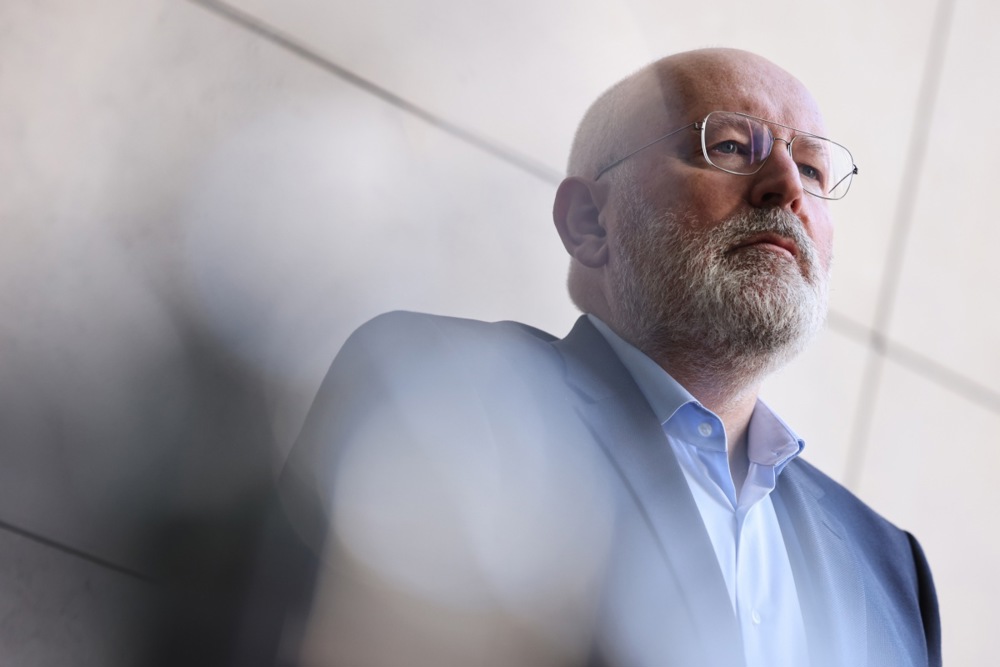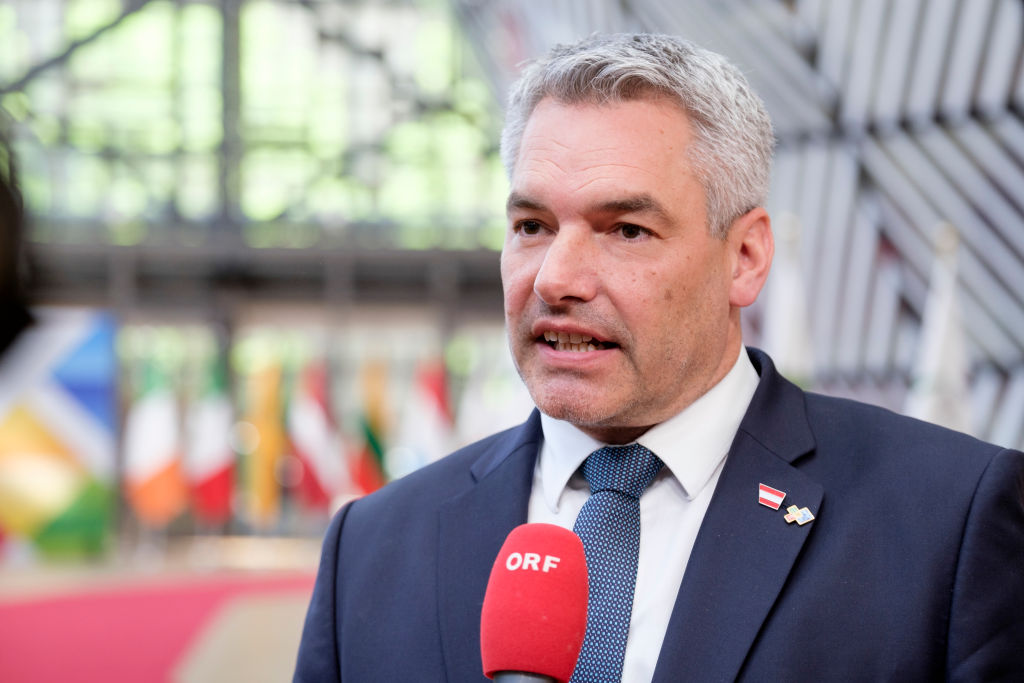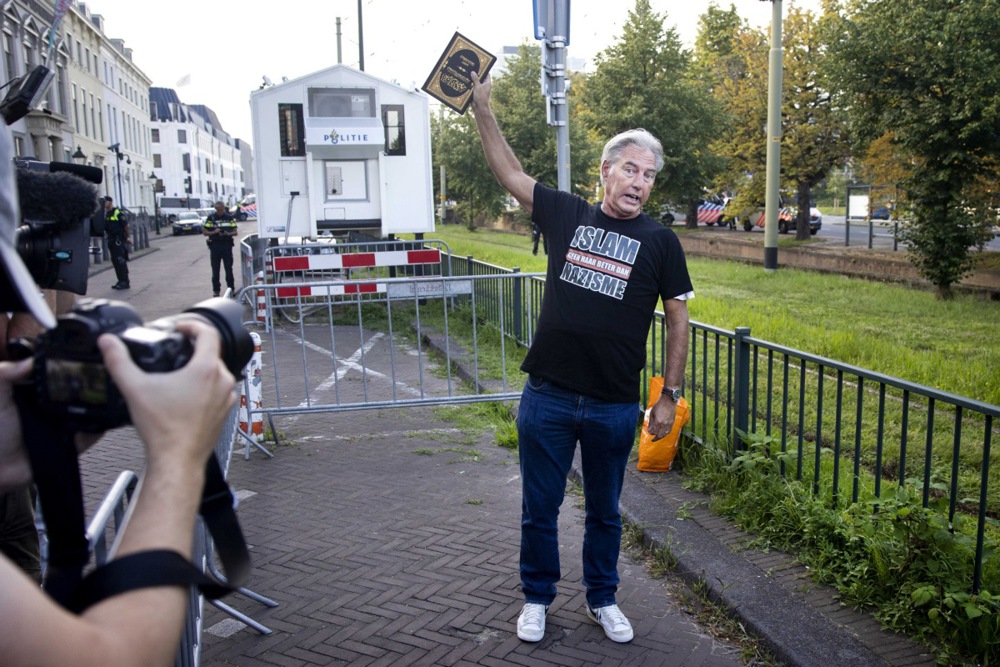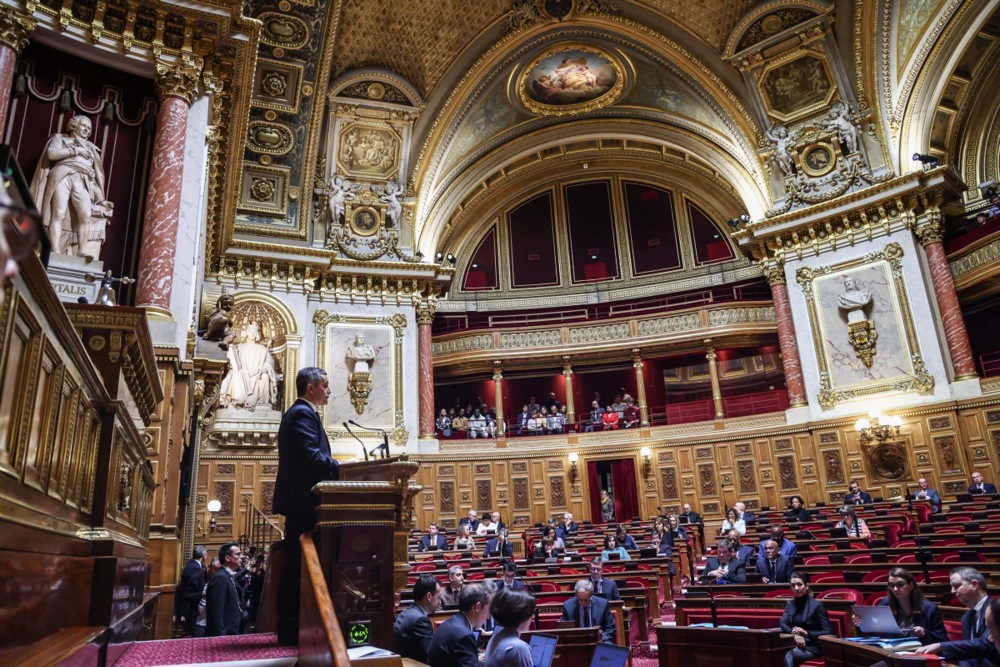Eyeing a possible government role after next week’s Dutch elections, Islam critic Geert Wilders is toning down his views on the religion.
His “priority now is clearly on other issues for the coming government period”, he says.
His Party for Freedom (PVV) will be “firm but reasonable” as a coalition partner, and stay away from its more far-reaching past proposals like an outright ban on Qurans or mosques, he told Nieuwsuur last night.
It is more important to PVV voters that “people end up with more money at the end of the month, have decent healthcare again, and to turn the asylum tsunami and other forms of migration around”, he says.
Since the previous government of Mark Rutte collapsed in July over disagreements on immigration policy, Wilders has angled for a spot in the next one, which shows signs of being more conservative than the last.
Wilders has “no taboos and breaking points” for joining a post-election coalition, he said two months ago.
The PVV leader also appears more on television, compared to previous elections when he often turned down interviews and had a more combative relationship with the media.
Other parties have sent out conflicting signals on whether they will consider a coalition with Wilders’s party.
Some use the party’s past proposal to ban Qurans as an argument against joining a government including the PVV, saying the view is irreconcilable with freedom of religion.
The PVV entered a June 2010 confidence and supply arrangement with Mark Rutte’s first, minority government, that turned sour after 127 days.
Wilders prefers avoiding a scenario where his party supports the government in essential votes without joining it.
Ik ben een democraat in hart en nieren. En ik vind dat politiek Den Haag beter en vaker moet luisteren naar het volk. #nieuwsuur #Wilders #verkiezingen #PVV #StemPVV pic.twitter.com/wdqwclm4FR
— Geert Wilders (@geertwilderspvv) November 15, 2023
From 1998 to 2004, Wilders was an MP for the liberal-conservative Party for Freedom and Democracy.
He left the party in 2004 over differences on Turkey’s accession to the European Union and created the PVV.
Subsequently Wilders campaigned against what he perceives as the Islamisation of the Netherlands and has used harsh terms against religion.
He has proposed banning the Quran, which he compares to Mein Kampf.
Fitna, a film he produced which depicts the religion as a hateful and violent sect, caused international controversy.
The Netherlands has also has seen high-profile murders by radicalised Muslims, including the 2004 killing of filmmaker Theo van Gogh by a 26-year-old Dutch-born Muslim.
Since November 2004, Wilders has been permanently accompanied by several bodyguards.





